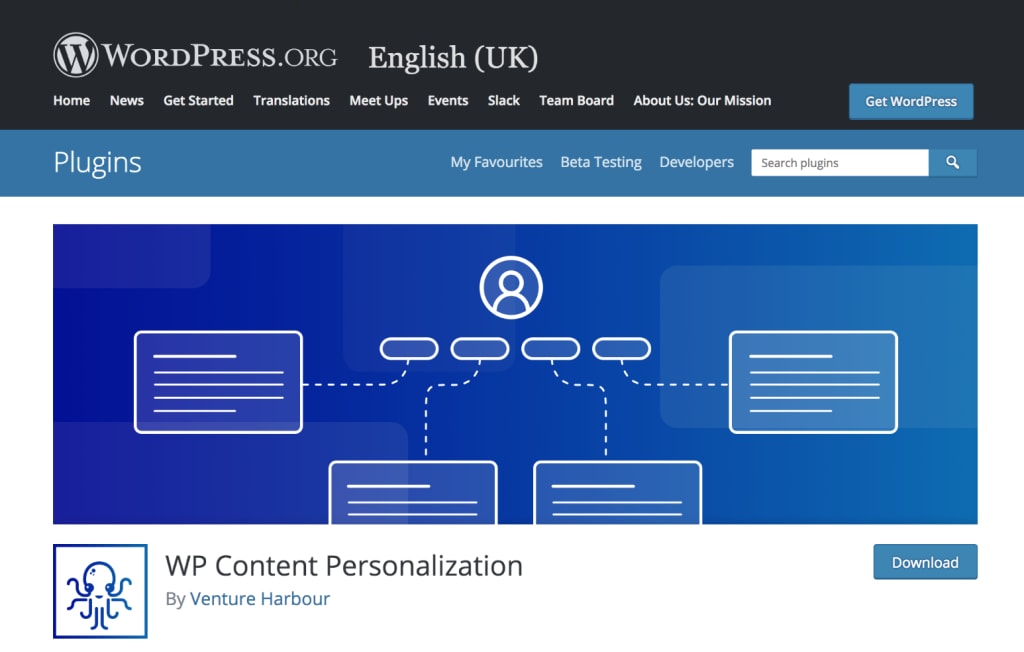Remember those choose your own adventure books?
Well, imagine applying the ‘choose your own adventure’ concept to website content. You ask a question to your visitors, and the content on the rest of the page becomes personalised based on their answer.
Increasing Engagement by 88%
It began with a simple hypothesis: Does asking questions and personalizing content based on the answers have a commercial benefit?
In January 2018, we ran an experiment on an article on email marketing software. We asked visitors two questions while they were reading the content: How many contacts do they have? What type of business are you?
Based on the answers to these questions we personalised a number of content blocks (particularly in the first 200-300 words) so that readers would feel as though the content they were reading was highly personalised to them.
The Results
Within 7 days we saw a sharp increase in engagement:
- 37.59% increase in average time on page
- 12.9% reduction in bounce rate
In addition to this, we saw an 88% increase in people clicking through to an email marketing tool, almost doubling the affiliate revenue generated from the content.

While it’s difficult to directly attribute content personalisation to an increase in organic search traffic, we did also see a sharp increase in rankings (resulting in a 53% increase in search traffic) within 3-4 weeks of adding this content personlisation. As this was one of the only changes we had made to this post in a long time, it’s possible that the improved engagement metrics were a contributing factor to increase rankings.

We had expected a slight increase in engagement but were surprised by just how much this seemed to improve a wide range of metrics.
So, we built a free WordPress personalisation plugin
Twice a year, the entire Venture Harbour team goes on a retreat to teach each other new skills, solve interesting problems, and build new products.
After a morning of experimenting with content personalisation platforms, we realised that most content personalisation tools suck. Between GDPR limitations, annoying flicker effects and clunky user interfaces, we felt as though most of these tools had sold the sizzle well… but no sausage.
There was also no tool that simply allowed us to personalise content based on the answer to a question, without having to configure JavaScript variables, custom attributes and blah.
So, in an afternoon during our retreat, the team built one!

The WordPress Content Personalization Plugin allows bloggers & content marketers to easily add simple multi-select questions into posts & pages and then dynamically personalise content blocks based on the answers.
While most content personalisation tools focus on personalising content based on set data points like device or location, this plugin is designed to do one thing (and do it well): Personalise content based on the answer to a question.

What are the benefits of content personalisation?
- Increase relevance – When relevance improves, conversion rates typically improve with it. This is as true for improving webinar registration conversion rates, as it is for boosting e-commerce product page sales.
- Improve engagement – The more relevant your content is, the more time people will spend engaging with your content and your brand. As we saw in the example above, even just asking one or two questions can have a dramatic impact on the likelihood of someone staying on your website.
- Improve tracking – We didn’t see this one coming. By personalising our content, it became easier to add more granular tracking links in our content – making it easier to see which types of visitors were driving conversions, and exactly where people were coming from.
If you’d like to beta-test the plugin and increase the relevance of your messaging and content, you can try it out for free here.
When you get some awesome results, let us know as we’d love to showcase them.
Finally, kudos to Ben Christine, Andrew Hudson, Rajinder Tanda and Ryosei for creating this plugin.




